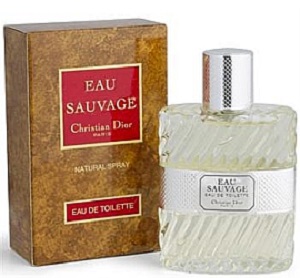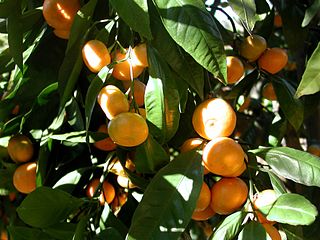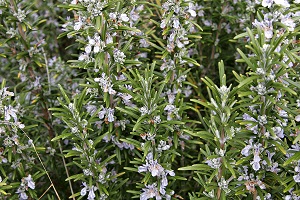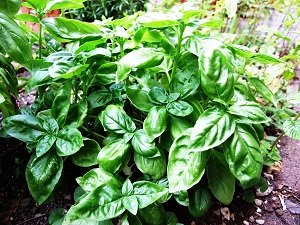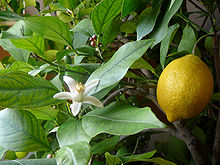Eau Sauvage Cologne
Man Fragrance
Eau Sauvage Cologne: A Christian Dior fragrance launched in 1996: An interesting man fragrance. A popular cologne for men.
Aroma Notes: Mandarin, Rosemary, Basil and Lemon
Mandarin
The Mandarin orange, also known as the mandarin or mandarine, is a small citrus tree with fruit resembling other oranges. Mandarin oranges are usually eaten plain or in fruit salads. Specifically reddish-orange mandarin cultivars can be marketed as tangerines, but this is not a botanical classification. When exporting began, local Mandarin oranges were named after their port of origin.
Orange oil is an essential oil produced by cells within the rind of an orange fruit. In contrast to most essential oils, it is extracted as a by-product of orange juice production by centrifugation, producing a cold-pressed oil. It is composed of mostly (greater than 90%) d-limonene, and is often used in place of pure d-limonene. D-limonene can be extracted from the oil by distillation.
Limonene gives citrus fruit their familiar aroma, and is therefore used in Eau Sauvage cologne/perfume and household cleaners for its fragrance.
Rosemary and Eau Sauvage Cologne
Rosemary, is a woody, perennial herb with fragrant, evergreen, needle-like leaves and white, pink, purple, or blue flowers, native to the Mediterranean region. It is a member of the mint family Lamiaceae, which includes many other herbs. The name "rosemary" derives from the Latin for "dew" (ros) and "sea" (marinus), or "dew of the sea". The plant is also sometimes called anthos, from the ancient Greek word ἄνθος, meaning "flower".
Rosemary oil is used for purposes of fragrant bodily perfumes or to emit an aroma into a room. It is also burnt as incense, and used in shampoos and cleaning products,and as antiseptic and anticellulite.
Basil
Basil, Thai basil, or sweet basil, is a common name for the culinary herb Ocimum basilicum of the family Lamiaceae (mints), sometimes known as Saint Joseph's Wort in some English-speaking countries. Basil is originally native to India, having been cultivated there for more than 5,000 years, but was thoroughly familiar to Theophrastus and Dioscorides. It is a half-hardy annual plant, best known as a culinary herb prominently featured in Italian cuisine, and also plays a major role in Southeast Asian cuisines of Indonesia, Thailand, Vietnam, Cambodia, Laos, and the cuisine of Taiwan.
Depending on the species and cultivar, the leaves may taste somewhat like anise, with a strong, pungent, often sweet smell. Basil is used for their medicinal properties in Ayurveda, the traditional medicinal system of India and Siddha medicine, a traditional Tamil system of medicine. They are also used as drinks in Southeast Asia. Basil oil is used in making perfumes, as well as in aromatherapy.
Lemon
The lemon is a small evergreen tree native to Asia, and the tree's ellipsoidal yellow fruit. The fruit is used for culinary and non-culinary purposes throughout the world, primarily for its juice, though the pulp and rind (zest) are also used in cooking and baking. The juice of the lemon is about 5% to 6% citric acid, which gives lemons a sour taste. Citral, is either of, or a mixture of, a pair of terpenoids. The two compounds are double bond isomers.
The E-isomer is known as geranial or citral A. The Z-isomer is known as neral or citral B. Geranial has a strong lemon odor. Neral's lemon odor is less intense, but sweeter. Citral is therefore an aroma compound used in perfumery for its citrus effect.
Citral is also used as a flavor and for fortifying lemon oil. It also has strong antimicrobial qualities, and pheromonal effects in insects.
Home Page Eau Sauvage Cologne > Back To Christian Dior Biography Perfume News
